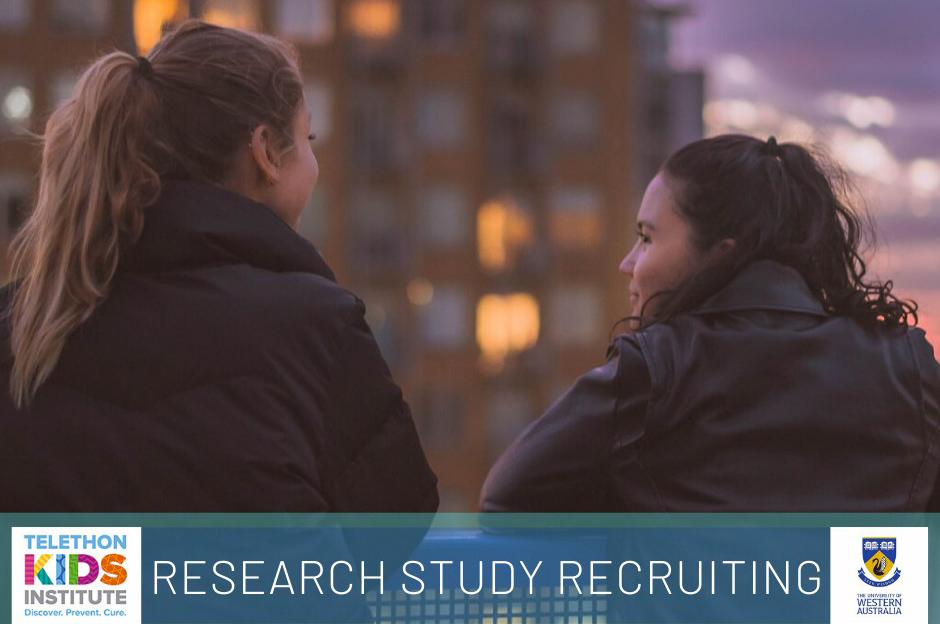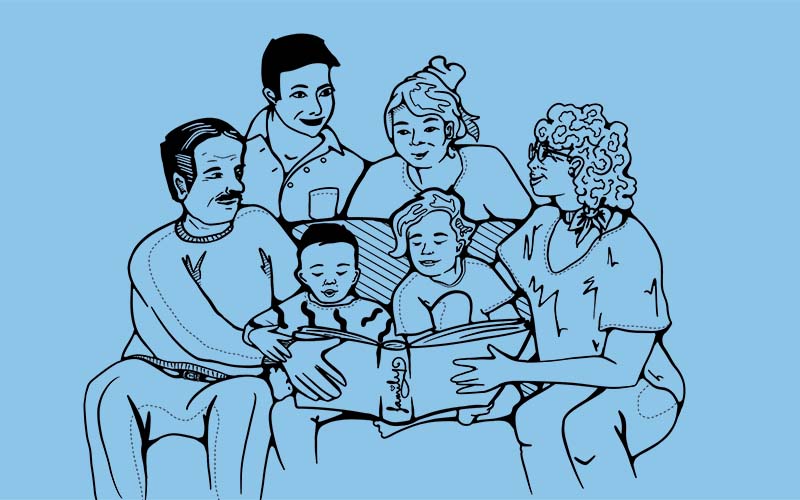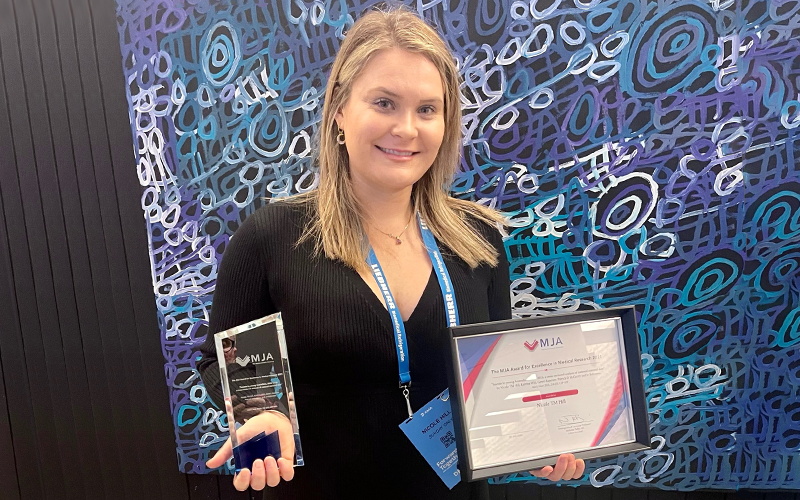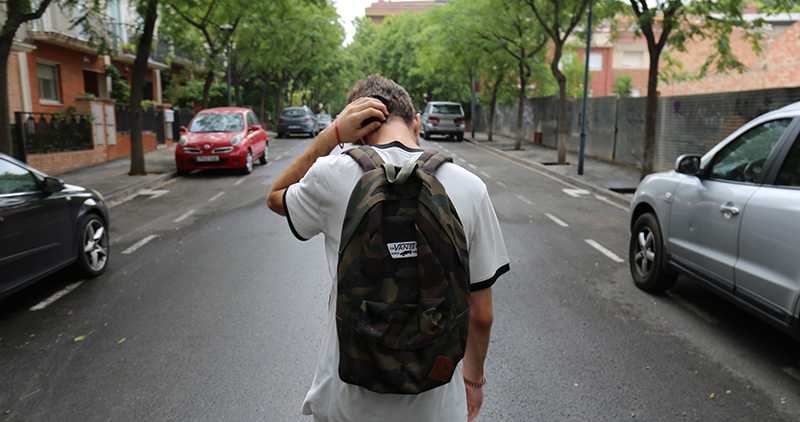Search
Research
What bridges the gap between self-harm and suicidality? The role of forgiveness, resilience and attachmentThere is a lack of understanding of why some people who self-harm escalate to suicidal behaviour when others do not. Psychological factors such as attachment...
Research
Humility, inquisitiveness, and openness: key attributes for meaningful engagement with Nyoongar peopleThe rebuilding of trust requires the development of meaningful relationships in order to break down the barriers so as to increase access and develop culturally secure responses by services
Research
Risk perception and risk-taking behaviour during adolescence: The influence of personality and genderThis study investigated the influence of personality characteristics and gender on adolescents' perception of risk and their risk-taking behaviour.
Research
Longer-term increased cortisol levels in young people with mental health problemsHair segment analyses revealed longer-term increased levels of cortisol in the past 3 months in early mental health problems

The Youth Mental Health team's mission to improve the mental health of young people in Western Australia and beyond.

Are you 14-18 years old and attracted to people the same gender as you? We want you to help us understand how you feel other people see and treat you, and how this affects your mental health.


News & Events
New website provides tools and resources for parents of gender diverse children and young peopleTransforming Families is providing evidence-based resources to help support the mental wellbeing of young people questioning their gender identity, or who identify as trans or gender diverse.

News & Events
Mental health researcher recognised in prestigious publication awardDr Nicole Hill and a team of co-researchers from Orygen have received the 2021 Medical Journal of Australia (MJA) award for Excellence in Medical Research.

News & Events
What’s the difference between anxiety and depression?While depression and anxiety can have similar signs and symptoms, they also have some distinct features.
